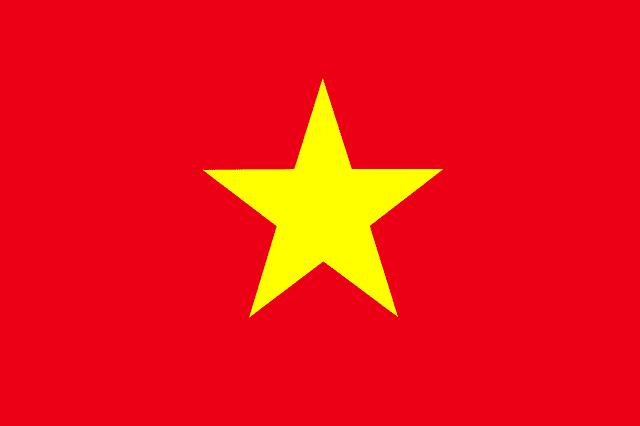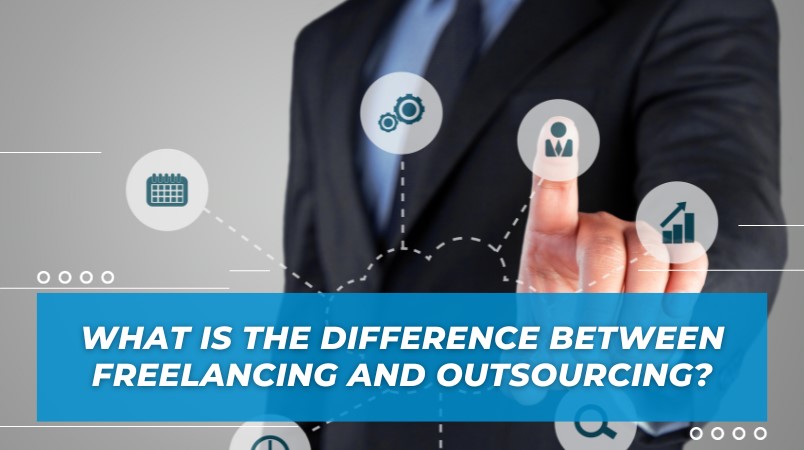In today’s diverse business environment, two frequently mentioned concepts are “freelancing” and “outsourcing.” Both represent independent and collaborative work models, but do you truly understand the differences between them? In this article, we will explore and compare the distinctive features of freelancing and outsourcing, from organizational aspects to the benefits each model brings to businesses.
1. What is Outsourcing?
Outsourcing is a business method where a company or organization hires a third-party team or company to provide specific services. These services complement a part of the business’s operations.
For the outsourcing service provider, they offer their resources and personnel for a specific period to assist clients in accomplishing specific tasks or projects to achieve particular goals.
Outsourcing brings numerous benefits to businesses, particularly in reducing labor costs. Utilizing third-party services also leverages the expertise of outsourcing partners’ professionals. Additionally, flexibility in terms of time and resources is an advantage, allowing businesses to focus on core aspects. Lastly, outsourcing enhances productivity, especially in non-core activities, where external experts often perform tasks more efficiently than an internal team, contributing to business optimization.

2. What is Freelancing?
Freelancing is an independent profession where an individual earns money based on each project, typically in short-term contracts. Freelancers differ from outsourcing companies as they are not employees of a company; instead, they operate as individual businesses, offering services to a diverse range of clients, from individuals to businesses.
Freelancers undertake tasks as outlined in contracts and are paid based on the time and effort required to complete specific client tasks. Payment for their services can be a fixed rate, hourly, daily, or even per project.
Some businesses prefer to hire freelancers, individuals who can dedicate more time and resources to client tasks while working remotely. Flexibility in work schedules and the convenience of working remotely helps freelancers operate in the best environment for them, thereby increasing efficiency and work performance.
Another advantage that companies favor is the temporary nature of the work. Companies can hire freelancers for a specific period for tasks or functions, paying fees directly to them. This helps businesses save resources compared to hiring for an internal position with the same function or task.

3. Summary of the Differences Between Outsourcing and Freelancing
| Criteria | Outsourcing | Freelancing |
| Business Model | A business model where an organization hires an external unit (outsourcing provider) to perform one or more specific tasks. | An independent work form, where individuals work freely and take projects from various clients. |
| Service Provider | The outsourcing service provider can be a company or a group of professional experts. | Freelancers operate as individual businesses, not employees of any organization. |
| Project Scale | Outsourcing projects are typically large in scale, have a longer duration, and require long-term commitment between the two parties. | Freelancing projects are usually compact, short-term, and can be completed within a short period. |
| Focus | Hiring external services allows focusing internal personnel and resources on the core tasks of the business. | The relationship between freelancers and clients is often flexible, not requiring long-term commitments. |

Overall, freelancing and outsourcing are both powerful tools that help businesses leverage external resources and talent to achieve their business goals. Depending on the context and specific requirements, the choice between these two models can shape how a business adapts and thrives in an increasingly dynamic and challenging market.
If you have a need for our services, feel free to contact us via email at contact@civiloutsourcing.com or fill out the form below. We are here to serve you to the best of our abilities!


